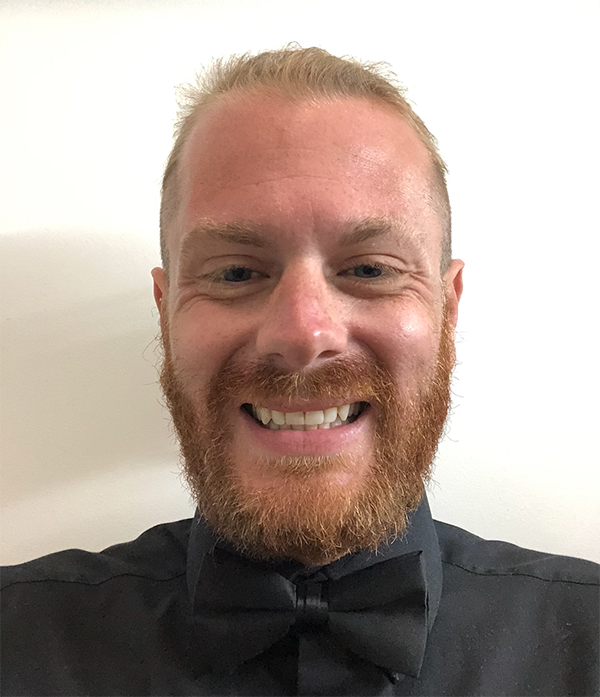Overview

Robbee Wedow, Ph.D. / Purdue University
Despite advancements in genomics, misconceptions about groups persist, often rooted in genetic essentialism—the belief that traits and behaviors are primarily determined by genetics. This perspective overlooks environmental and social influences, reinforcing deterministic views on human differences.
In this talk, Robbee Wedow, Ph.D., discussed the development and implementation of a genetics curriculum in high school and college classrooms that moves beyond simple Mendelian-based approaches, using science to explore complex genetic and environmental variation that shapes human outcomes. He also discussed the effects of this curriculum on reducing students' beliefs in genetic essentialism and will provide some tips about employing this curriculum in the classroom setting.
Biography
Dr. Wedow is an Assistant Professor of Sociology and Data Science at Purdue University and an Adjunct Assistant Professor of Medical and Molecular Genetics at Indiana University School of Medicine. Before his position at Purdue, he completed his Ph.D. at the University of Colorado Boulder and his postdoc at the Broad Institute of MIT and Harvard.
Dr. Wedow’s main research interest is in social science and behavioral genetics, which lies at the intersection of sociology, psychology, demography, and statistical and computational genetics. He is interested in large-scale genomics analyses, as well as how social forces and environments interact with genetics.
Dr. Wedow uses recent advances in genetic data collection, biobank-scale data, and methodological developments in statistical genetics to carry out his research. He also is interested in designing and implementing a scientifically accurate genetics curriculum in high school and college classroom settings to ensure that students better understand complex human outcomes.
Norman B. Anderson Memorial Lecture
This Director’s Webinar is a Norman B. Anderson Memorial Lecture. Norman B. Anderson, Ph.D., the first Director of OBSSR, was a pioneer in behavioral and social sciences research. In recognition of his profound impact on behavioral and social sciences research, OBSSR hosts a lecture each year to honor his legacy.








